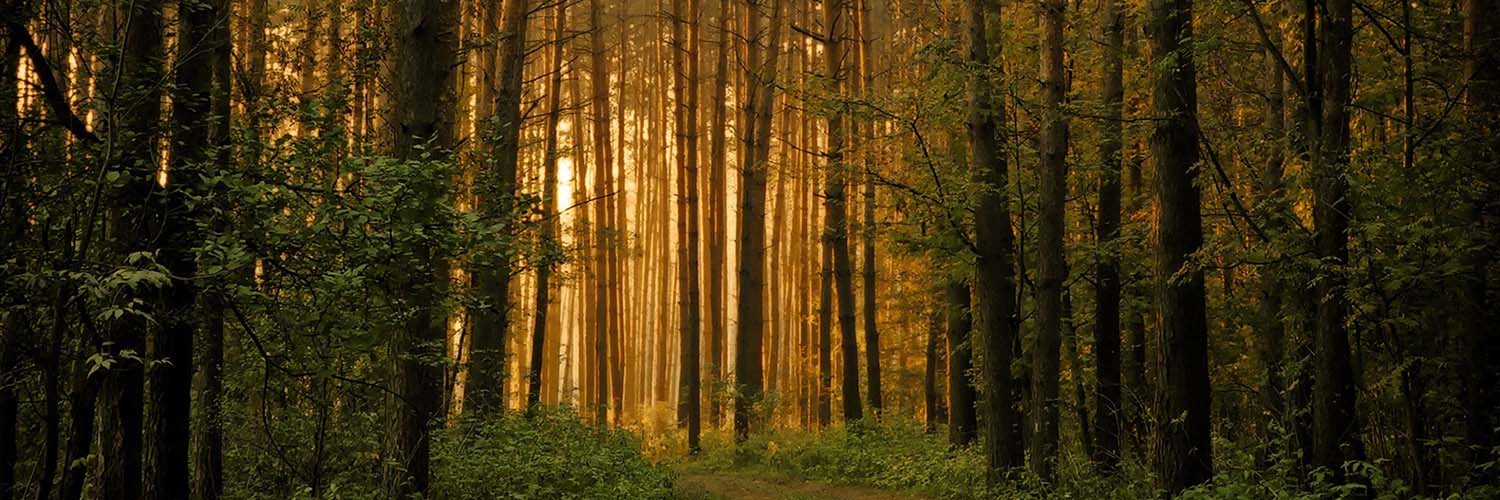I am often asked ‘what is grief?’, ‘what should I be feeling?’, ‘when will it be over?’. This article gives some insight to a process we will all be a part of at some time.
Grief and loss
issomethingeveryoneexperiences,.
There is no one “right” way to grieve, and there is no way to anticipate exactly how the feelings of sadness, anger, loss, and loneliness will heal and resolve. Some have described the grieving process as a roller coaster, filled with highs and lows. Over time the roller coaster evens out so the highs and lows are more manageable, but the big ups and downs can reappear, especially at important family events, anniversaries, holidays, or other special occasions. People who have suffered grief do say that it will get better with time and the support of friends and loved ones.
Some people have found the stages to be a helpful way to think about grief; others have not. Grief counselors and researchers point out that the stages describe grief as a passive process. In the decades since Kübler-Ross’s work, people who work with the bereaved have learned that grief is an active process. Many people find it empowering to know that they are resilient. They take comfort in actively processing their feelings and memories and creating ways to honor and celebrate their loved one..


